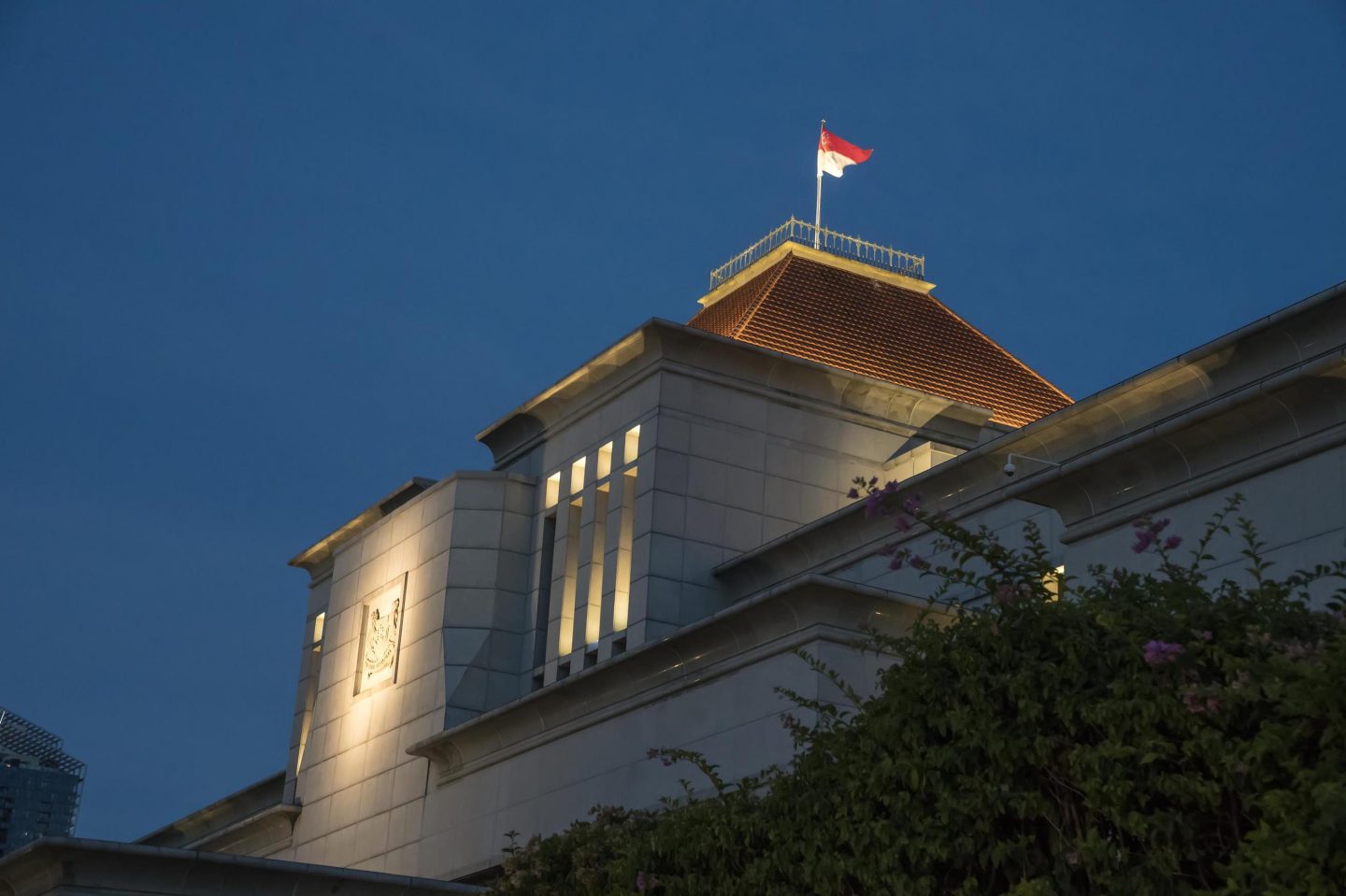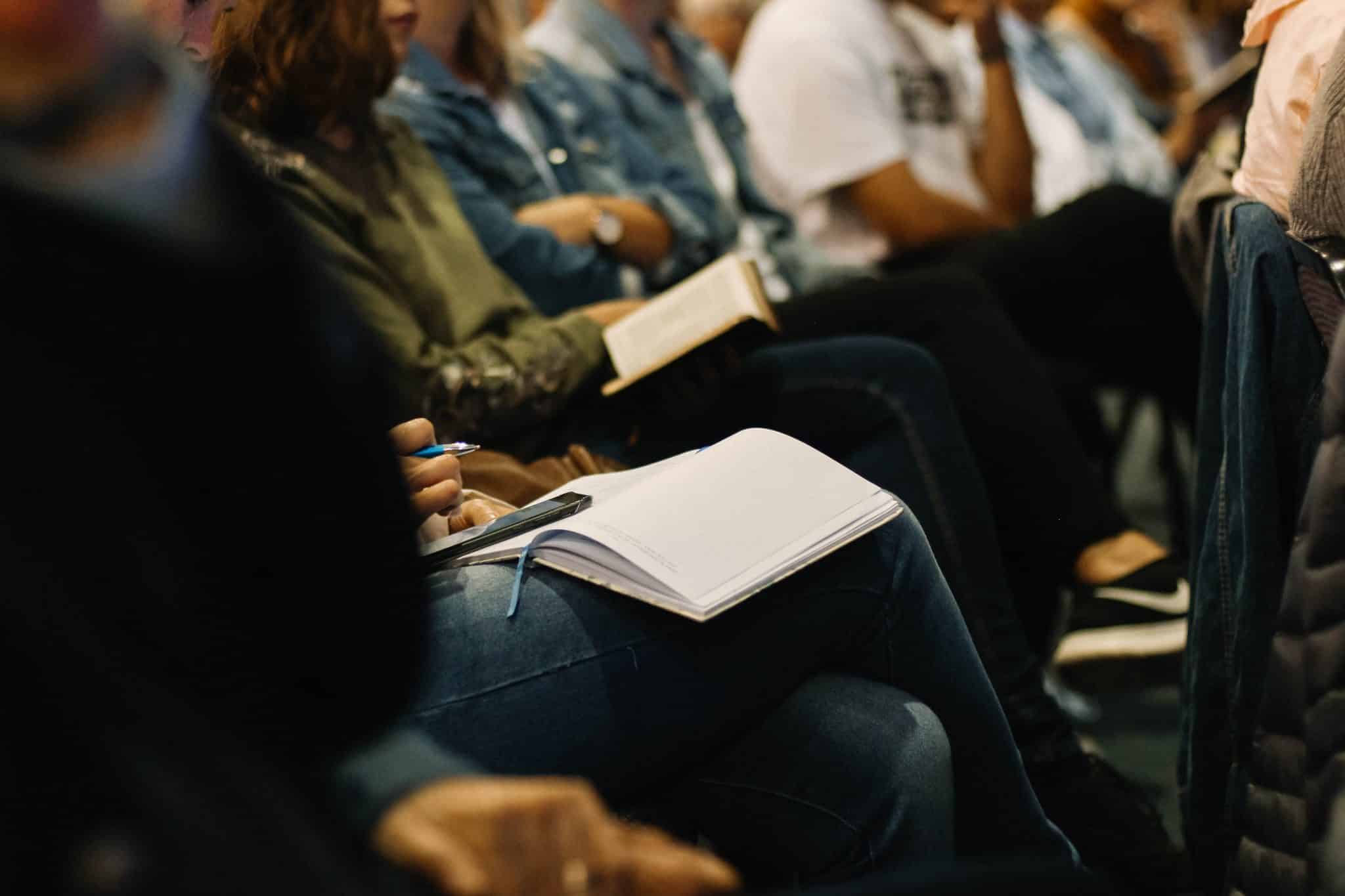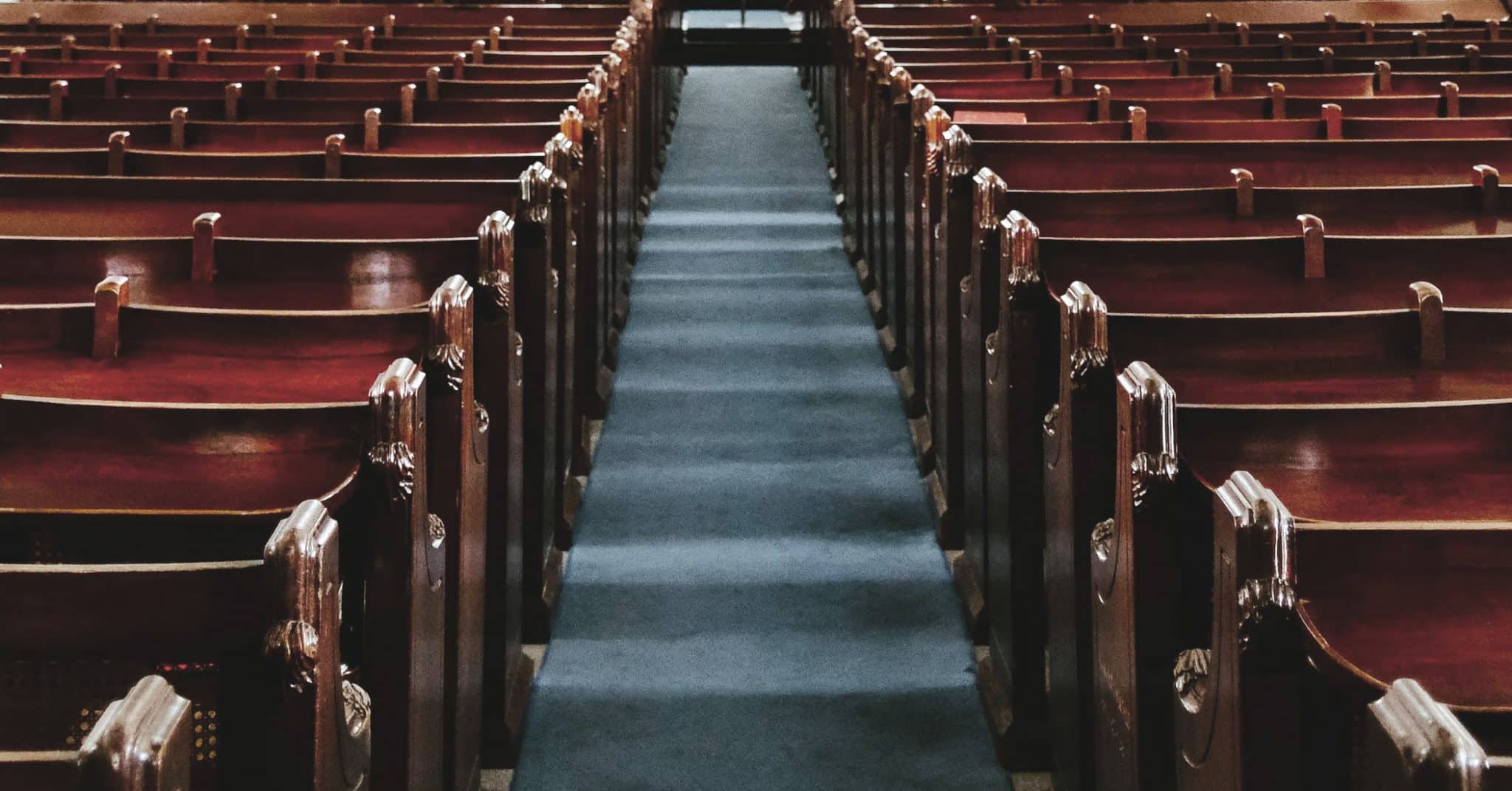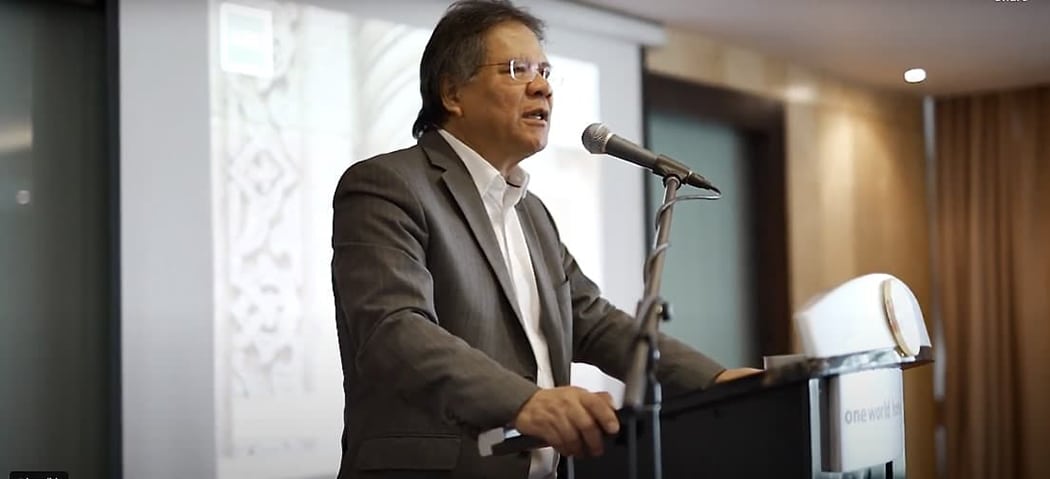Are petitions here to stay? Highlights from ETHOS 2019 forum on religion in public and private spheres
Salt&Light // April 30, 2019, 4:02 pm

Photo by John on Flickr.
The ETHOS Institute for Public Christianity held a public forum on Thursday, April 25, 2019, about the place of religion in the public and private spheres.
The talk comes after a paper published by the Institute of Policy Studies (IPS) under the National University of Singapore, entitled “Religion in Singapore: The Private and Public Spheres”, was released in March this year.
The report surveyed 1,800 Singaporean residents on their opinions regarding the role of religion in Singapore society.
During the forum, Dr Mathew Mathews, senior research fellow at IPS, Dr Goh Wei Leong, co-founder of HealthServe, and Bishop Emeritus Robert Solomon, the former bishop of the Methodist Church of Singapore, discussed the findings and how the Church can respond amidst growing consternation over religious influence in the state.
Here are some excerpts from the question-and-answer session:
Can you share one fact or finding that encourages you, and one fact or finding that you think should serve as a warning to us?
Dr Goh: What’s of concern to me is that the report found that those who live in private housing (condominium, private apartment or landed property), meaning those of a higher social income, were more likely to feel threatened by Muslims.
Bishop Solomon: Three things that struck me from the study. First, I noticed that sometimes there is a clustering of the Muslims and Catholics and Christians in their particular views on certain issues. And I suppose the connecting factor there is that all these groups are “people of the book”.
“How do we maintain ongoing dialogue between the older generation and the younger generation in the days to come?”
So that tells me there is something about faith communities and how one views those scriptures. To me it’s quite encouraging. As far as a Christian community is concerned, I think generally we still hold our Bible with a great respect and give it authority.
The other thing I picked up – which is not so good – is that I found that it’s surprising that among Christians, there were strange views, like there is a certain percentage of Christians who believe in reincarnation, for example, and quite a significant portion of Christians view things like adultery and so on quite liberally, which is not the orthodox biblical teaching.
So this leads me to ask the question: What’s the quality of our church members’ knowledge of scriptural teachings, because it seems like things have seeped into our thinking, worldview and attitudes. And if you don’t take appropriate action, things may become worse.
The third one is the growing divide in beliefs and attitudes between younger people and older people. How are we going to maintain that communication and discussion and ongoing dialogue between the older generation and the younger generation in the days to come?
Sometimes we disengage age groups in church by having different worship sessions, or different Christian education lessons. I think there is a greater need for engagement between the various age groups.
How has working on the survey shifted your position on the role of religion in the public sphere in Singapore?
Dr Mathews: There are Christian values that inspire me in the work I do. One is integrity: If research results are (not complimentary towards Christians), I would not bury it, I’ll put it out just like it is.
“Generally we still hold our Bible with great respect and give it authority.”
As a researcher, I believe in being true to whatever is stated. Ask people about something and report it as such. You don’t change it. You don’t cherrypick the ones that are favourable to your faith, and those that are not. That’s something my Christian faith informs me about.
I wrote a commentary piece in The Straits Times about 10 years ago about religious voices in the public sphere, and I think there is a whole discussion internationally about how that voice does enrich the public sphere.
This is a religious voice that is reasoned, which does not just appeal to religious principles, such as saying ”because the Bible says so therefore do it”, but rather a voice that considers the values which are important in our religious tradition and be able to bring that out – whether it’s compassion, mercy, dignity, integrity or justice.
Some Christians don’t hold the same position as the statements put out by bodies such as the National Council of Churches. These messages don’t seem to acknowledge that there are other people who don’t hold our beliefs and who are also seeking certain freedoms for their own lives.
Dr Mathews: I think there is a place for religious voices to put out what they believe is meant for the collective good, and say this is what they believe based on their teachings.
The issue is whether then we badger the state and the rest of society to follow it. I think that would be wrong.
What do you think of the use of petitions?
Dr Solomon: To me, petitions are just a matter of who shouts loudest in this game. Personally I don’t think much of petitions.
You’re still engaging in a world of who flexes more muscle. And we don’t want that kind of society. We want a society that is more harmonious, more understanding and resolves issues in a more mature way.
Dr Mathews: “I think there is a place for religious voices to put out what they believe is meant for the collective good.”
Dr Mathews: In general all of us find petitions problematic, but we live in an era where people believe in citizen power. And increasingly this is happening all over the world. In Singapore, people have felt for many years that the state always had leadership and dominance.
So there’s newfound power when citizens get rights, like the Internet, and put it up.
We have to ask ourselves how much we should rally around somebody’s idea, especially if some of those ideas may not be properly reasoned. We mustn’t be too reactionary.
Dr Goh: I think the problem is that we don’t talk about these different issues in our community. I think the way forward is more forums, we really need more difficult issues to be surfaced, and all of us must talk about it, so that we frame the conversation before the next round of conflict comes up.
We are an independent, non-profit organisation that relies on the generosity of our readers, such as yourself, to continue serving the kingdom. Every dollar donated goes directly back into our editorial coverage.
Would you consider partnering with us in our kingdom work by supporting us financially, either as a one-off donation, or a recurring pledge?
Support Salt&Light




